 Okay, writing time… I’ll just make myself a green smoothie and then…oh, maybe I should put in a load of laundry…now, I’ll just sit down and…oh, wow, it looks like it might rain. I’ll just take that bike ride first… huff,puff, puff…Now I’ll just sit down to write and…oh, the phone. Better get it. It could be Oprah wondering how my book is coming along…Okay, that was a huge time waste, but now to get down to wr…Doorbell?Are you kidding me?
Okay, writing time… I’ll just make myself a green smoothie and then…oh, maybe I should put in a load of laundry…now, I’ll just sit down and…oh, wow, it looks like it might rain. I’ll just take that bike ride first… huff,puff, puff…Now I’ll just sit down to write and…oh, the phone. Better get it. It could be Oprah wondering how my book is coming along…Okay, that was a huge time waste, but now to get down to wr…Doorbell?Are you kidding me?When You’re Having Trouble Sitting Down to Write
 Okay, writing time… I’ll just make myself a green smoothie and then…oh, maybe I should put in a load of laundry…now, I’ll just sit down and…oh, wow, it looks like it might rain. I’ll just take that bike ride first… huff,puff, puff…Now I’ll just sit down to write and…oh, the phone. Better get it. It could be Oprah wondering how my book is coming along…Okay, that was a huge time waste, but now to get down to wr…Doorbell?Are you kidding me?
Okay, writing time… I’ll just make myself a green smoothie and then…oh, maybe I should put in a load of laundry…now, I’ll just sit down and…oh, wow, it looks like it might rain. I’ll just take that bike ride first… huff,puff, puff…Now I’ll just sit down to write and…oh, the phone. Better get it. It could be Oprah wondering how my book is coming along…Okay, that was a huge time waste, but now to get down to wr…Doorbell?Are you kidding me?
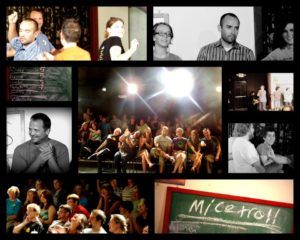
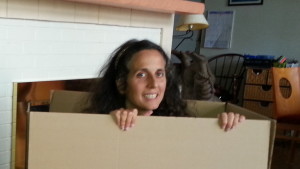
 Oct. 17-19, 2014 –
Oct. 17-19, 2014 – 
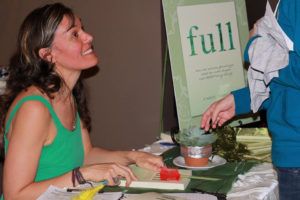 Kimber Simpkins,
Kimber Simpkins, 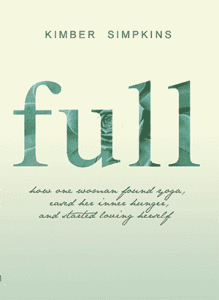 Light, Red Light, Green Light: Read tons of books, find authors whose voices are similar to yours, then stop reading while you write! In writing my book, I took a long sabbatical from reading other writers’ work in order to turn the volume up on my own unique voice.
Light, Red Light, Green Light: Read tons of books, find authors whose voices are similar to yours, then stop reading while you write! In writing my book, I took a long sabbatical from reading other writers’ work in order to turn the volume up on my own unique voice.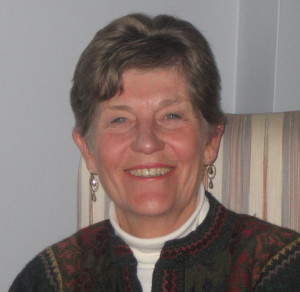
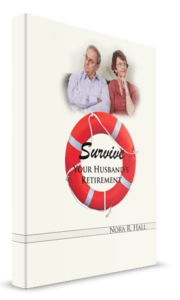
 Harrine Freeman, CEO and owner of H.E. Freeman Enterprises and author of How to
Harrine Freeman, CEO and owner of H.E. Freeman Enterprises and author of How to 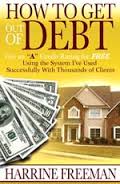 “Speak from your heart. When you speak from your heart you will connect with others. Speak the truth. The truth may not be liked but it is respected. You may get some negative comments but it is a great feeling to know that you were honest and showed integrity.”
“Speak from your heart. When you speak from your heart you will connect with others. Speak the truth. The truth may not be liked but it is respected. You may get some negative comments but it is a great feeling to know that you were honest and showed integrity.”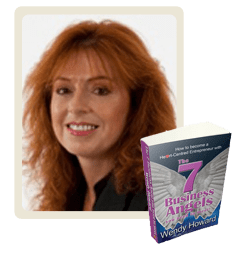 Wendy Howard, Author of the hot-off-the-presses book, The 7 Business Angels You Need to Meet, offers this advice:
Wendy Howard, Author of the hot-off-the-presses book, The 7 Business Angels You Need to Meet, offers this advice: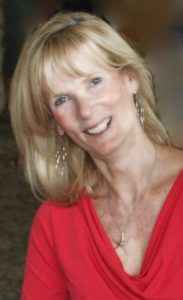
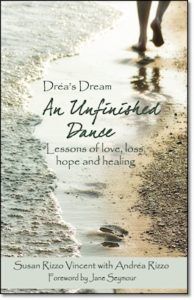
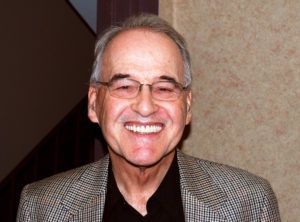
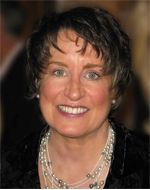

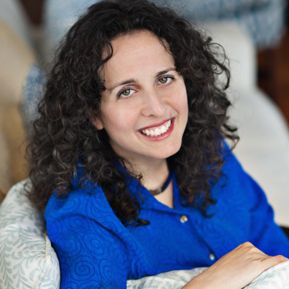 While I spent much of this glorious summer with family–walking the beach and watching my sons swim and play tennis– the brilliant
While I spent much of this glorious summer with family–walking the beach and watching my sons swim and play tennis– the brilliant 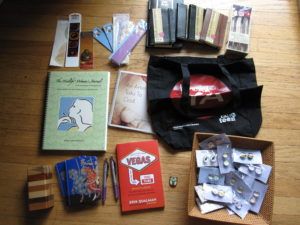
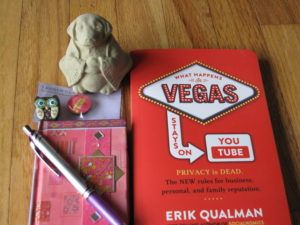
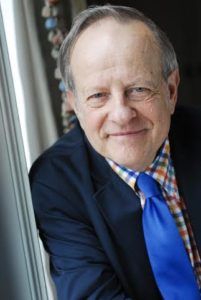 Lisa: What’s the purpose of the
Lisa: What’s the purpose of the 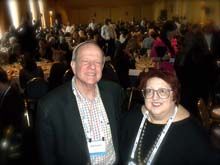 Mike: The Conference is in its sixth year because feedback from attendees assures us that it’s very helpful in:
Mike: The Conference is in its sixth year because feedback from attendees assures us that it’s very helpful in: